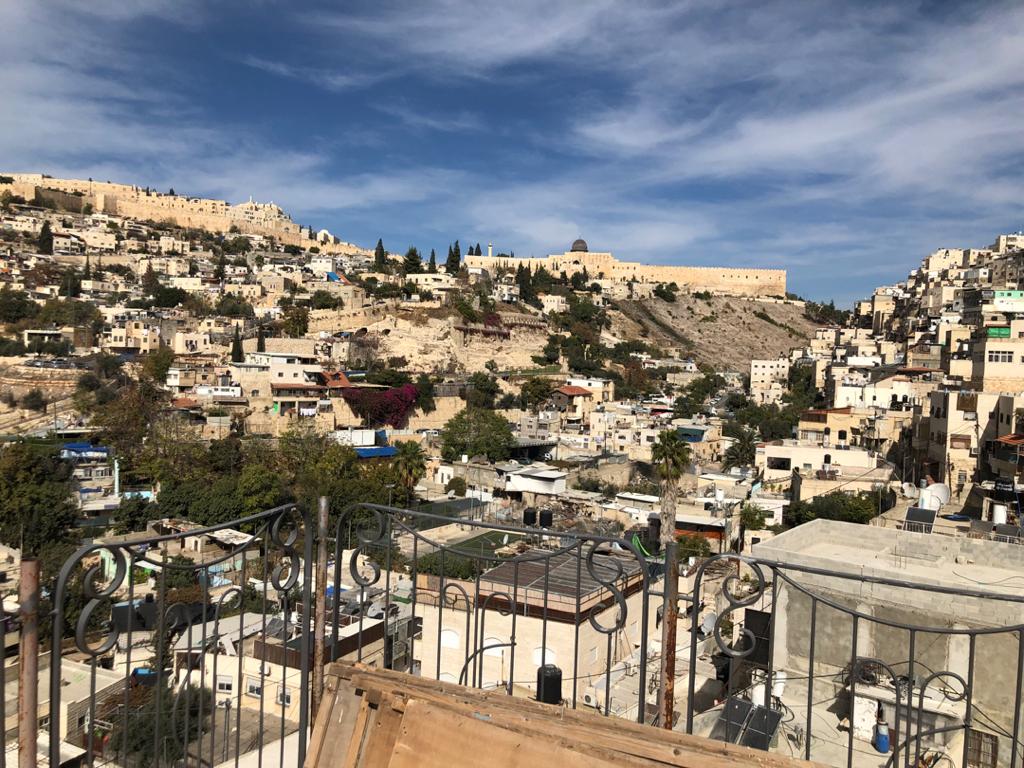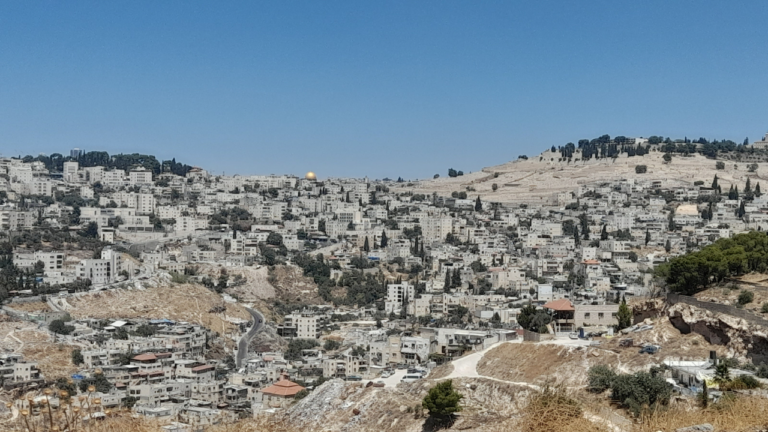The Long Road To Jerusalem
The song that Moshe and the Jewish people sang at the sea is roughly divided into two parts. The first part relates to the miracles that God has just performed for them at the sea. The second half, however, looks forward to their entry into the Land of Israel. This second part of the song opens with the following verse that mentions that Beit HaMikdash:
With Your loving kindness You led the people You redeemed; You led them(neihalta) with Your might to Your holy abode.
The ultimate purpose of the exodus was to arrive in Yerushalayim and the Beit HaMikdash.
This verse focuses on God’s leading the people through the desert to the Land of Israel. Rashi cites two explanations for the key verb “neihalta”:
[it is ] an expression of leading. Onkelos, however, rendered [it as] an expression of carrying and bearing (nosei ve-soveil).
According to Rashi, God led the Jewish people through the desert. Onkelus, however, explains that God patiently carried the Jewish people on their journey.
The Imrei Emmet explains that these two meanings are intertwined. One who leads people on a long journey must have the attribute of patience. God’s involvement with the Jewish people is a long-term affair. He does not engage in quick fixes, preferring to slowly but surely orchestrate historical events and let the Jewish people develop until His promises are fulfilled. When the Jewish people inevitably stumble along the way, He must patiently bear with them and gently help them reach the finish line of “God’s abode.” Thus, in order for God to lead the people on a long road, He must have patience to bear the people.
Similarly, God must teach the Jewish people to have patience. While at the Red Sea God intervened quickly and saved them, this would not be the case going forward. The path ahead would be long and arduous, filled with unexpected twists and turns. There are no shortcuts on the way to redemption and the process can be painstakingly slow. Just as God must have patience for His people, so, too, the people must develop patience in their journey to God’s abode.
This is certainly an appropriate lesson to impart to the people at the beginning of their journey. And it is certainly appropriate that the end of the journey as mentioned in this verse and in other verses in the second half of the song is God’s abode in Yerushalayim. Nothing has characterized the Jewish people’s patience and tenacity than our hope Yerushalayim. The journey from ancient Egypt to our current process of rebuilding of Yerushalayim has no parallel in human history and speaks to God and the Jewish people’s mutual support and patience on this long adventure.
May we soon see an end to our waiting.



